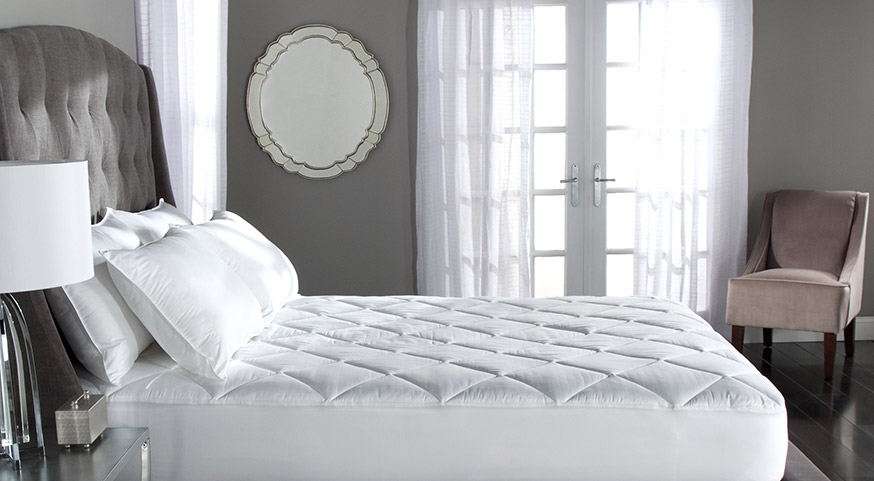Posted by Jess Tedrick on Sep 19, 2018
Sleeping With Purpose
We talk a lot about how important sleep is. But did you know that you can utilize how you sleep for specific results? Studies show that there are ways to sleep that help with creativity, productivity and stress relief.
Struggling through a creative problem? According to Bed Times Magazine, your brain keeps working on it while you sleep. During the rotation between REM and Light Sleep, your hippocampus and neocortex sync up and then separate through the sleep stages. Researcher Penny Lewis equated it to “two researchers who initially work on the same problem together, then go away and each think about it separately, then come back together to work on it further.” For creative problem solving, a lot of people also suggest sleeping with a notebook next to your bed or using a dream journal to write down ideas as soon as you wake up. Stephen King came up with “Misery” while asleep on a plane and John Steinbeck wrote that “it is a common experience that a problem difficult at night is resolved in the morning.”
While it’s pretty common knowledge that sleeping makes you more productive at work, there are still a few tips to keep in mind. Sleeping a minimum of six hours will help prevent burnout during the day and sleep deprivation increases your typos and mistakes by 50%. What should you do if you’re noticing that you’re getting too drowsy to be productive during the day? Take a nap. Turn your lunch break into nap time but remember that the optimal productivity nap only lasts 20-30 minutes. Studies show that sleeping on a consistent schedule helps to boost productivity as well. And one common trait a lot of successful people have? Waking up early to prepare for the day ahead. Set your alarm and resist hitting the snooze button. Once you're up, get purposeful about your morning! Our will power is highest in the morning so work out or plan the day. Make yourself breakfast and focus on the tasks ahead of you.
Sleeping for stress relief is all about the preparation. Stress can have a negative impact on sleep and a lack of sleep can cause more stress, it’s a vicious circle. There are some ways to slow your mind down and get ready for sleep that may help. One suggested practice is meditation. Studies show that meditation can help with a wide variety of things but one of the most common ways to use it focuses on transitioning to sleep. You’re mind is going all day, you’re stressing and working and most people need to set aside time before trying to sleep for a sort of transition phase. Meditate, breathe deeply, listen to calming music, or journal. The key goal during this phase is to quiet your mind enough to be able to sleep once you crawl into your down comforter and ease your head on a soft pillow for a good night's rest.











